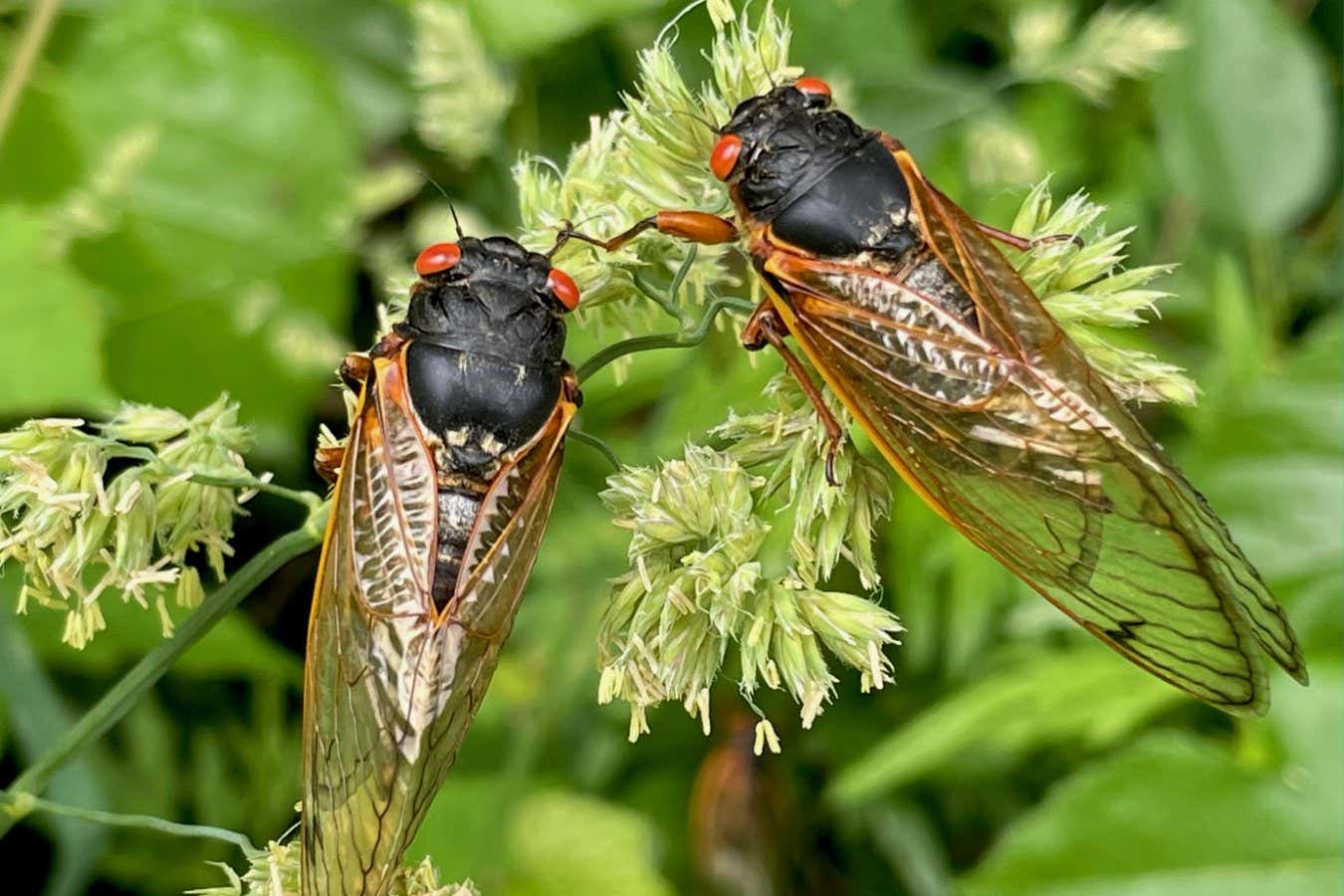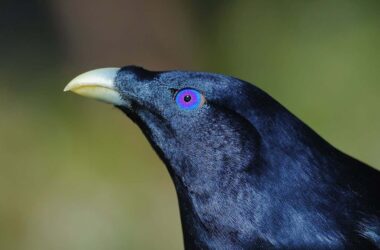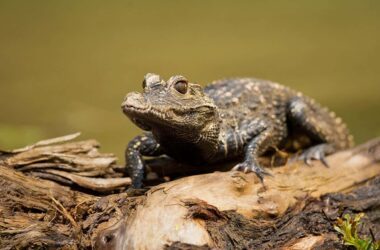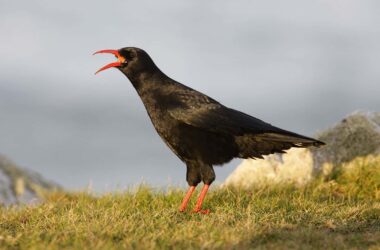Every 13 or 17 years, large broods of cicadas emerge, providing a feast for birds. This sudden abundance of food has ripple effects on other animals and plants in the ecosystem.
In 2004, John Lill and his colleagues at The George Washington University noticed the significant ecological impact of cicadas. They planned to study the next emergence of Brood X, a massive brood that occurs once every 17 years, in 2021. The researchers suspected that the appearance of cicadas would cause birds to shift their diet, leaving their usual prey, like caterpillars, untouched. To test this hypothesis, they placed dummy caterpillars made of clay and observed the marks left by confused birds attempting to eat them.
The study revealed that during cicada season, less than 10% of the dummy caterpillars showed signs of bird strikes, compared to a usual rate of one quarter attacked each week in years with no cicadas.
The researchers also enlisted local birders to observe birds feeding on cicadas. They discovered that over 80 different bird species participated in the cicada buffet, even those that don’t typically eat insects. The birds ranged from owls and herons to small songbirds.
This temporary relief from predation had a significant impact on caterpillar populations and the forest as a whole. The team observed double the number of caterpillars during cicada season, resulting in twice the usual amount of damage to trees and leaves. The disruption caused by the cicadas prevents birds from regulating insect herbivores effectively.
Although these impacts are short-lived, other studies have reported more lasting effects. The populations of some birds are higher in the year following a cicada emergence, and the cicadas can influence the timing of oak tree “masting” events when the trees produce unusually large numbers of acorns.
This research provides a glimpse into the consequences of a world with fewer birds due to climate change and human interference. Birds play a crucial role in controlling insects in forestry and agriculture. Without adequate bird populations, there will be increased damage to forests and food crops.
David Beresford, a biologist at Trent University in Canada, emphasizes the importance of anticipating unexpected outcomes resulting from species changes in an ecosystem. The effects can have far-reaching consequences throughout the entire system.








